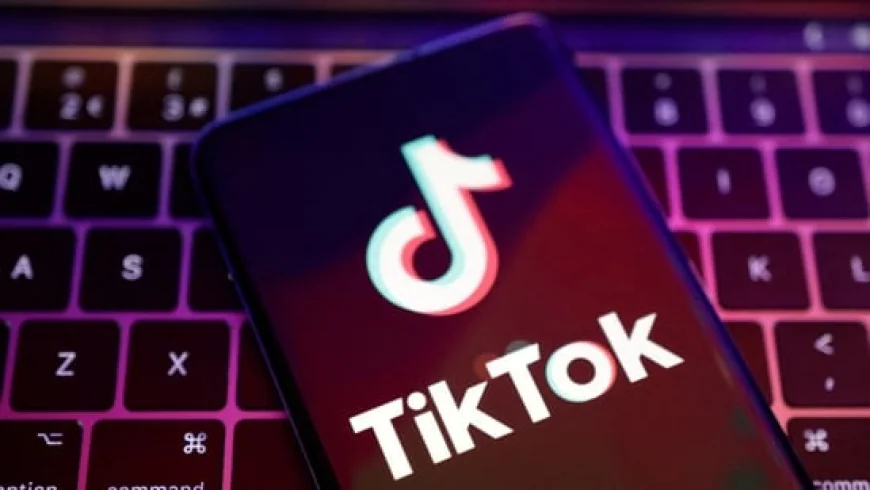Pakistani Man Kills 16-Year-Old Daughter Over TikTok Account in Suspected Honour Killing
A 16-year-old girl in Rawalpindi, Pakistan, was fatally shot by her father after she refused to delete her TikTok account, in what police are calling an "honour killing." The incident highlights the growing dangers women face in conservative societies when asserting their presence online, as platforms like TikTok clash with rigid cultural norms. This tragedy follows similar cases where young women in Pakistan were targeted for their digital visibility.

Police in Pakistan have confirmed the tragic death of a 16-year-old girl who was fatally shot by her father after she refused to delete her TikTok account. The incident, described by authorities as an “honour killing,” occurred on Tuesday, July 8, in Rawalpindi, a city near the capital, Islamabad.
“The girl’s father had asked her to delete her TikTok account. On refusal, he killed her,” a police spokesperson told AFP.
According to the police report, the father initially claimed his daughter had died by suicide. However, investigators later determined it was a deliberate act of violence. He has since been arrested and is currently in custody.
This case adds to a growing list of violent incidents in Pakistan, particularly those targeting women and girls accused of violating conservative social or cultural norms—especially online. While TikTok has become a popular platform among Pakistani youth, especially young women who use it to express themselves or earn income, it remains controversial in the country.
Pakistani authorities have previously accused TikTok of promoting “immoral behaviour,” temporarily banning the app several times for content deemed offensive, including material related to LGBTQ+ topics and sexuality.
Despite its popularity, digital access remains heavily gendered in Pakistan. The 2025 Mobile Gender Gap Report notes that only 30% of women in Pakistan own smartphones, compared to 58% of men—the largest gap globally. Still, platforms like TikTok have provided rare opportunities for many women to share their voices and build financial independence in a society where less than 25% participate in the formal workforce.
Tragically, this is not an isolated case. Just last month, 17-year-old TikTok influencer Sana Yousaf, who had over a million followers, was murdered at home by a man whose romantic advances she had allegedly rejected.
In another shocking incident earlier this year in Balochistan, a man confessed to orchestrating the killing of his 14-year-old daughter, claiming her TikTok videos had brought "dishonour" to the family. The region, like many rural parts of Pakistan, is governed by rigid tribal codes that often subject women to extreme control and violence.
These incidents underscore the dangerous intersection of gender, technology, and deeply rooted patriarchal norms in Pakistan—where a girl’s digital presence can tragically become a matter of life and death.


